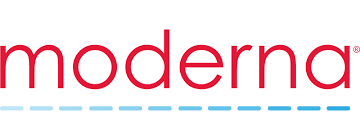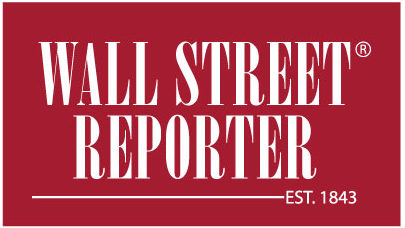
Moderna, Inc. (NASDAQ: MRNA) Vaccines Day Conference CEO Stephane Bancel Comments
CEO Stephane Bancel:
“…If you just look at the impact of vaccination on health over the last, let’s say, 20 years, it has been really profound. What you can see on the left graph here is that over the last 20 years, the reduction of disease around the world has been really profound. And as you can see for this WHO data, for example, on rubella in green line, you have a very massive reduction of children being affected by this virus. And if you look on the right side, what you can see is that the vaccine has been a key contributor in the global reduction of under five years of age mortality since 2000, as you can see. And as many of you know, from an economic standpoint, if you look at the data, the return on investment on health care dollar on vaccine is actually the best use of health care dollars. The data shows that you have a return on investment of about 44x in low income and middle telecom country and that is despite the cost of the vaccine being actually very low compared to high income country.
Before the pandemic, too many people forgot the profound impact of vaccination. First, on health, preventing disease, some vaccine preventive cancer and having a huge societal impact in terms of ability to afford vaccines and access, the empowerment of women and mothers and of course, the huge economic impact on which I’ll come back in a few slides.
If you look at the U.S., between 1994 and 2013, the CDC has estimated around $1.3 trillion that have been saved because of vaccines. And you can see some examples of returns on the economic benefit of those vaccines around the world. Despite all that, what is very interesting to observe is that there are around 220-ish of viruses that are known today to infect humans around the world. And what is remarkable since 1918, in the last 40 years, more than 18 new viruses have been identified, thanks to new technology like PCR sequencing and so on. And if you look at the data of actually how many vaccines are available against those viruses, it’s actually quite a low number. It’s around 10% on the entire population, around kind of 25 vaccines have been made available. And so that gives us a lot of hope of the impact we believe Moderna should have on this space and what we all should expect from vaccines in our public health. So if you think about now the Moderna solution, the Moderna platform, we really believe it is a unique opportunity to truly transform and disrupt the traditional vaccine market.
If you look first at mRNA technology, as you know, we have the ability to move really fast. We have the ability to combine different mRNAs in a single dose to do very complex biology and like this going after either combination or after very complicated or difficult to target pathogens. So, now if you look at Moderna and the platform we have built over the last 10 years and the lead we have taken in infectious disease vaccine, it’s quite remarkable to see what the team has been able to do in terms of high biological fidelity through this technology. The other piece too that I think is going to surprise most observers of the company is that the probability of technical success, we believe, is going to be really high on our vaccines. And why is that? Because for every vaccine we bring to humans and eventually to the market, it is exactly the same technology that is being used at the chemical level.
It’s the same chemistry used to make the mRNA molecule, the same manufacturing process, the same chemistry for the lipid. So what your body sees when you get an intramuscular injection is exactly the same lipid that you got, many of you, in the Spikevax vaccine. And that’s what is really the unique benefit of this technology. And as we’ve shown in 2020, the ability to go from sequence to approval in a record time. We have a few dataset on this slide that I won’t go into detail. But it’s just a very different time frame, total disruption compared to traditional vaccine making. So we talked about speed but now let’s talk about manufacturing which is another extraordinary competitive advantage of this technology versus what the industry is using. We actioned first the ability to scale in a way that few people could think was possible.
In 2019, the year before the pandemic, Moderna made less than 100,000 vaccines in the entire year. In 2021, Moderna made more than 800 million doses in the fiscal year. And how is it possible that a team of maybe 1,000 or 1,500 people in manufacturing could do so much. Well, if you think about it, it is the same process for all of our products. And by the way, not only vaccine, also therapeutics. The same process in the same physical equipment, in the same room, by the same people, using almost all the exact same raw materials. That is an extraordinary platform and that has never really happened in the pharmaceutical industry. And that is going to give us great benefit and advantage to serve patients and to compete in the years to come…”
